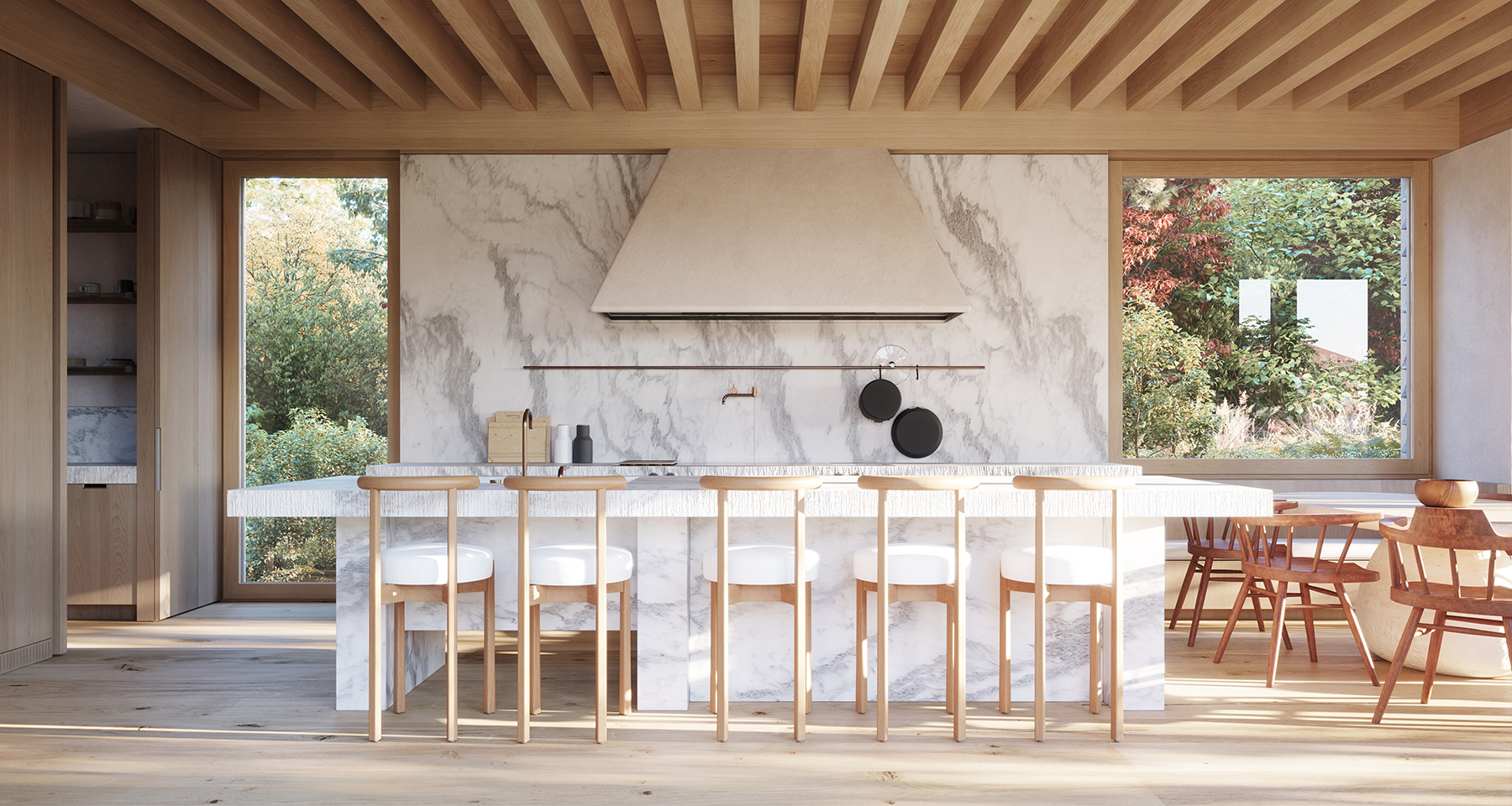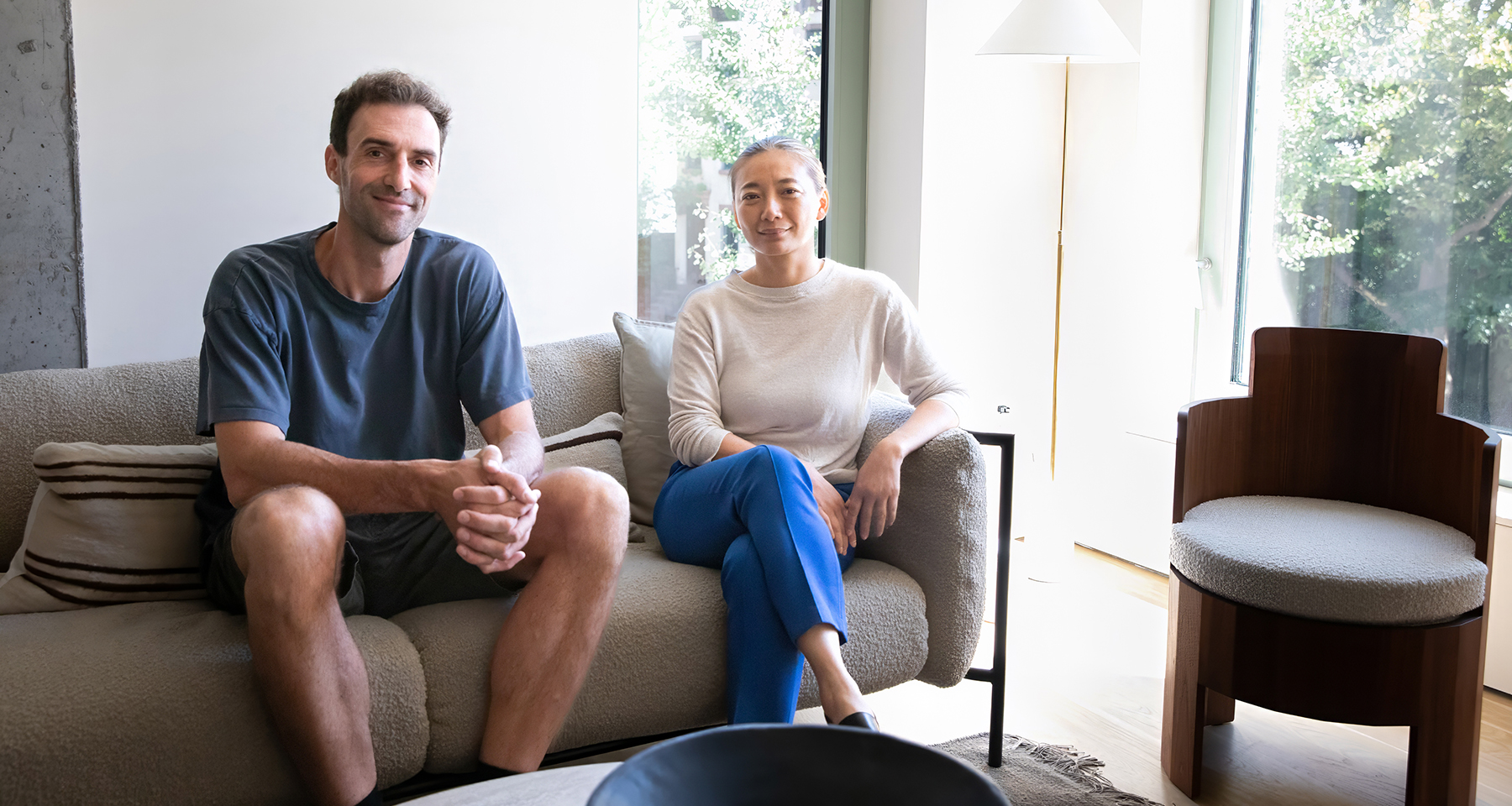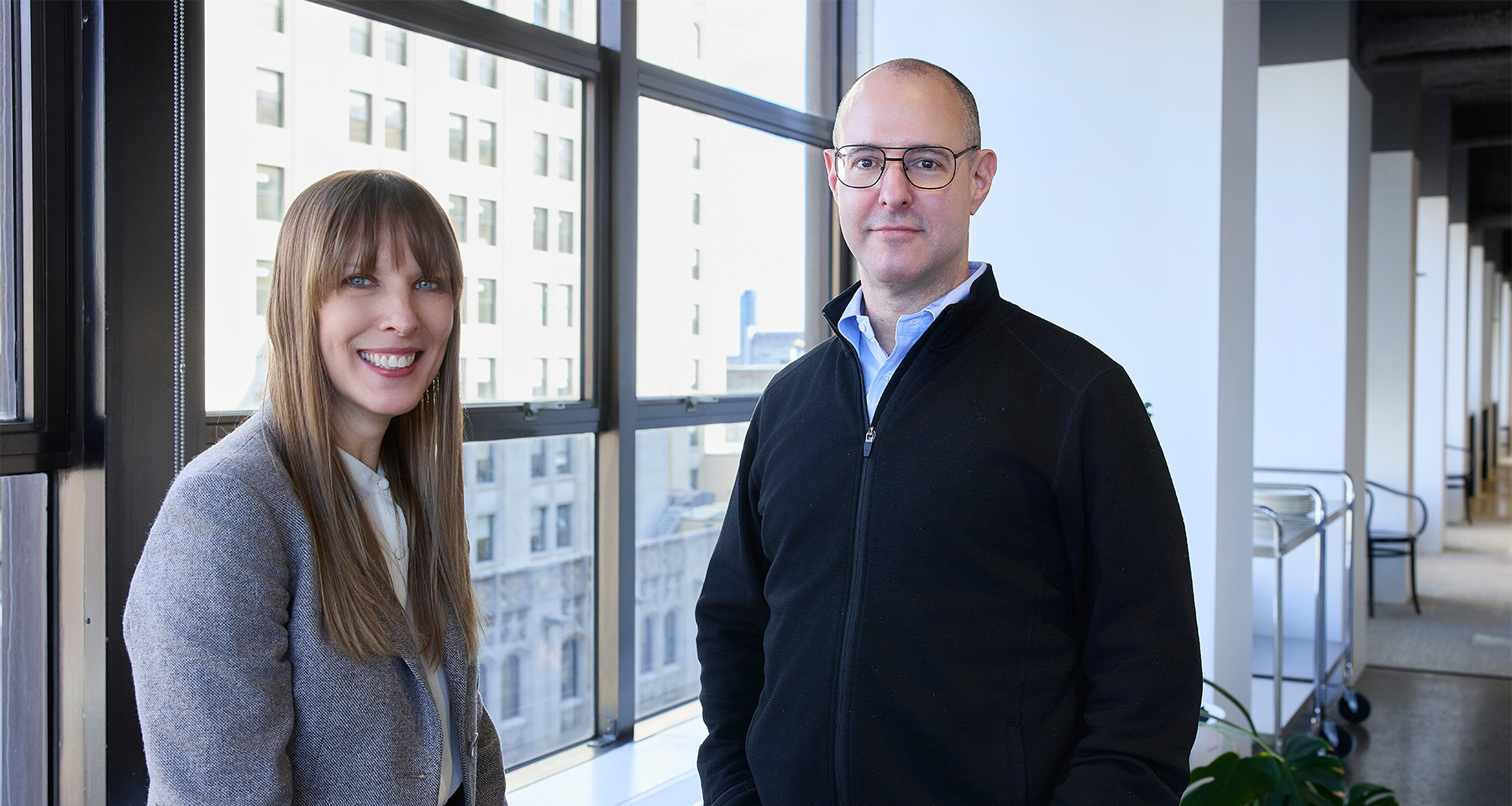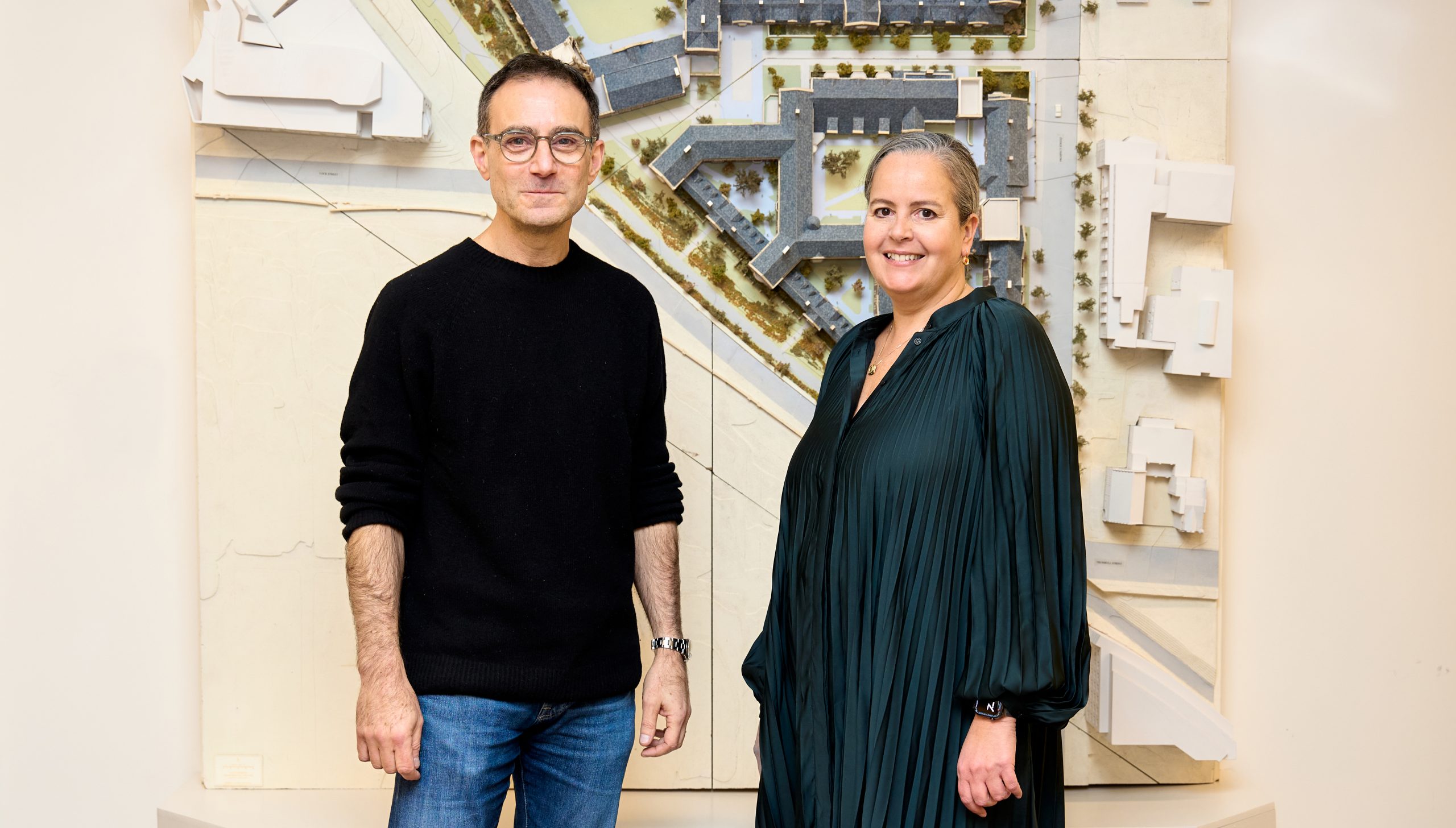Walter Hood & Mark Robbins
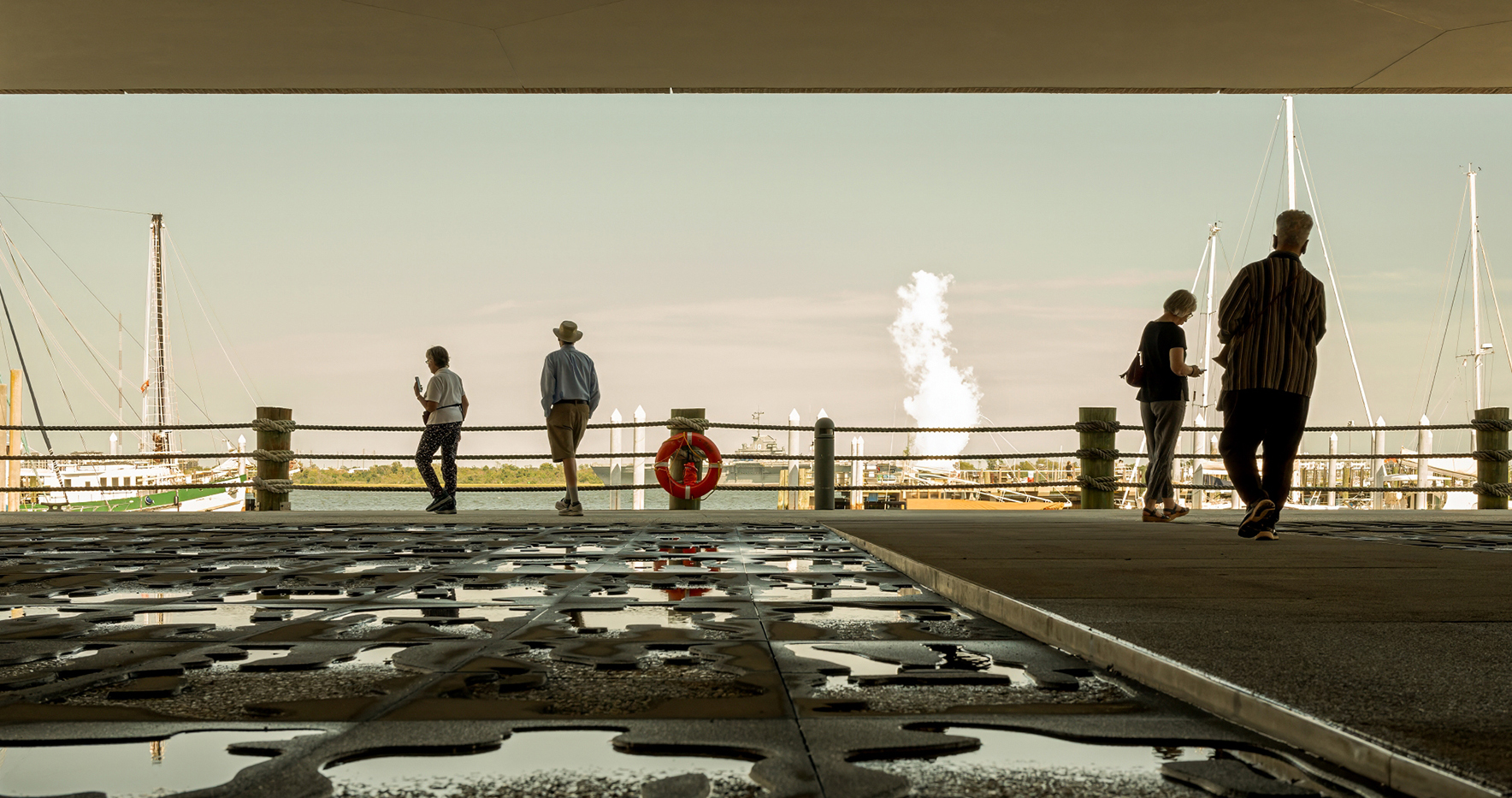
In this episode of the Working Together podcast our host, Drew Lang, was joined by Walter Hood, the landscape architect known for his cultural and civic work, and Mark Robbins, an architect and leading voice in government, academia and professional institutions. After meeting at the American Academy in Rome their long friendship has shaped their individual practices. With deep expertise in architecture as a transformative force in public life, they bring a unique perspective to how architecture can meet this historical moment.
You can also find and subscribe to the Brick & Wonder podcast on Apple Podcasts, Spotify and anywhere you listen to podcasts.
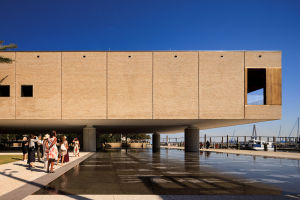
HOOD Design Studio, International African American Museum
My studio aspires to give people choice and opportunity. That looks like when I go to a space after I designed it to see people doing something that I never imagined.
—Walter Hood

HOOD Design Studio, International African American Museum
We need both political and public will to execute important projects, and that design of public space is the highest calling in our profession. We’re not just decorating the ground plane, we’re actually doing work that transforms the physical space, and in my case, the installations that I do hopefully transform people’s understanding of the society in which they live.
—Mark Robbins
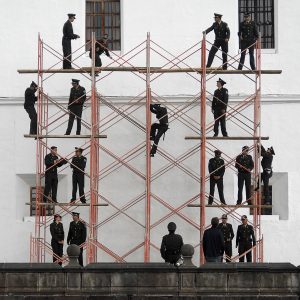
Mark Robbins, Orders, Installation, XV Quito Biennial, Plaza San Francisco, Quito, Ecuador, 2007
Cities are the result of a series of corporate and individual decisions, and I think we need to be better about talking to the public about the benefits of good design, but we also need to develop ways in making sure that our lawmakers, our political representatives, also have an understanding of the fundamental ways in which design can change the way we live and the way we understand who we are.
—Mark Robbins
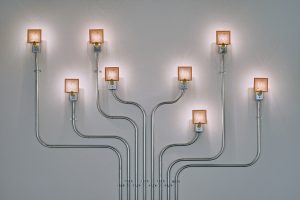
Mark Robbins, Antebellum Moon, Highland Park, TX, Clifford Gallery, Colgate University, 2012
I can design for any group of people on this planet. And I would like for those people who feel that they can’t, to stop thinking in that way. Because if you have empathy, if you have love, if you have an expectation of a collective future, then you can. We’re really bad at it in architecture, because we put prefixes in front of everything. Once we say low income housing, we know who that’s for, but what if we got rid of low income and just said housing. And you said, I’m doing housing for this group of people. You probably would do it differently.
—Walter Hood

